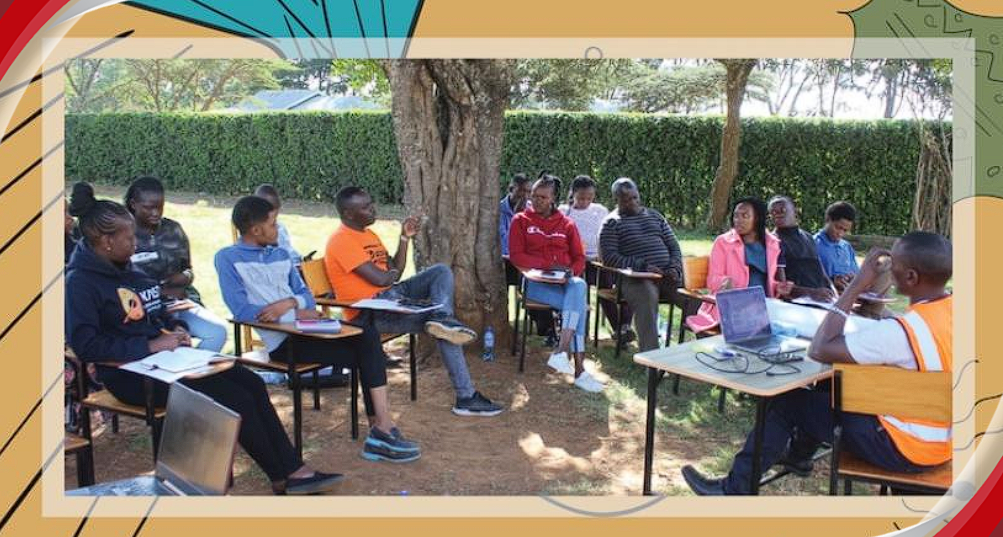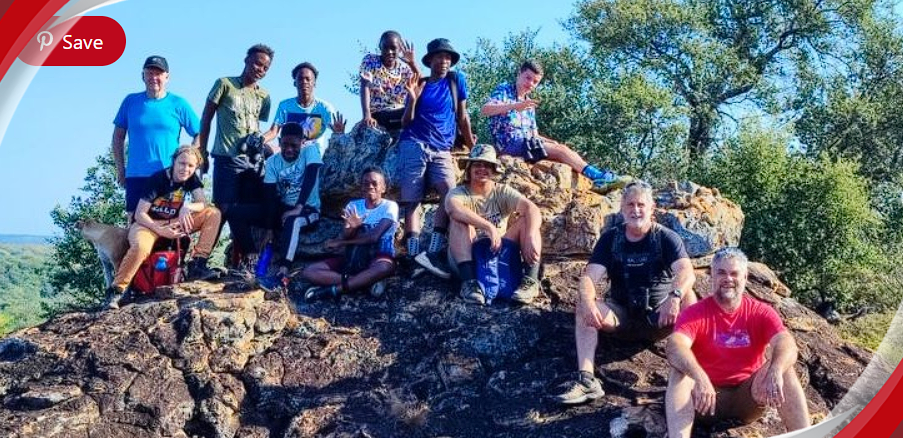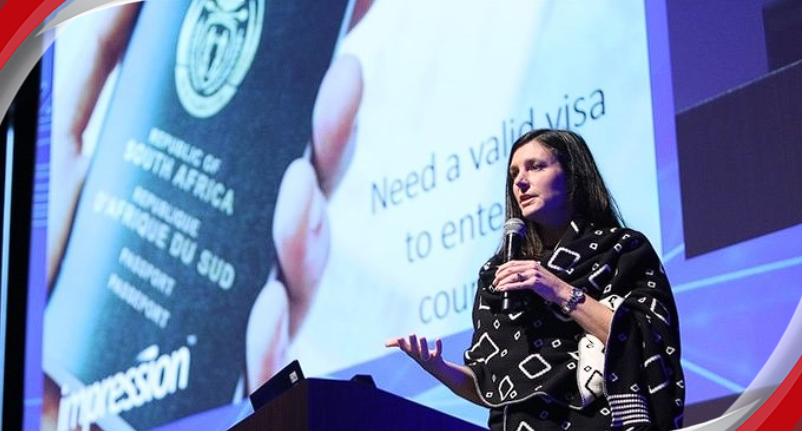Articles
Women of 1956 should inspire us to complete the work they started
-
1 year ago
When the apartheid government announced in 1952 that Black women would be subjected to the hated pass laws along with men, it provoked a backlash that echoes through our society even today.
On 9 August 1956, 20,000 women of all races marched on the Union Buildings in protest, with the rallying cry “Wathint' Abafazi, Wathint' Imbokodo” (you strike the women, you strike the rock).
It both broadened the scope of resistance and served as a reminder of women’s power to influence history.
It is a bitter irony that, while the pass laws were scrapped long ago, women continue to suffer discrimination and violence despite their heroic contribution to the cause of freedom.
Appalling levels of violence against women and girls mean South African women cannot enjoy freedom as equals. They live in the ever-present shadow of danger, whether walking alone or waiting in dread for a violent partner to explode.
Research suggests up to 40% of South African women have experienced some form of interpersonal violence in their lifetime, just under half have experienced emotional or economic abuse at the hands of their intimate partners, while up to a quarter have been raped.
The emotional and psychological effects of this on all women – even those who mercifully escape the experience of actual violence – are a form of terror that destroys the sense of personal security we are all entitled to.
This has economic consequences too, by constraining the freedom of women to access education, develop their skills, and contribute to economic activity to their full potential.
Experts agree that the main drivers of this are a culture of violence with deep roots in our history, and unequal power relations between the sexes, including the economic dependency of many women on their male partners.
Breaking the cycle requires a multifaceted approach that addresses gendered economic inequality, cultural norms that give men and boys a sense of entitlement to the use of women’s bodies and the collective trauma of pervasive, intergenerational violence affecting all South Africans.
Critically, just as women stood shoulder-to-shoulder with men in the struggle against apartheid, defeating gender-based violence and femicide today requires men to take a stand and help reshape the gender norms that give rise to attacks on women.
Recruiting as many men as possible to this cause is a herculean task that must reach into communities, households, hearts and minds if it is to be successful.
Using national crime statistics as a guide to identify hotspots for gender-based violence, Heineken Beverages supports a unique programme that speaks directly to men in priority communities, in an environment where they are comfortable and open to engaging on this sensitive topic.
Through a partnership with the National Liquor Traders and the SAPS, our Tavern Dialogues provide a platform facilitated by experts in this field for tavern patrons to reflect on attitudes to women, confront the demon of gender-based violence and commit to leading change in their homes and communities.
Sharing experiences and discovering a common desire for change can be a powerful motivation, and the response from the men who have participated has been incredibly positive.
At another level, women must be enabled to sustain themselves independently so that they are not forced to remain in abusive relationships and are able to pursue their ambitions.
Women must take their rightful place as equals in the economy, whether as employees or business owners.
For its part, Heineken Beverages will invest R400m in a supplier development fund for women-owned businesses and emerging farmers, helping to make economic emancipation a reality for more women.
These examples can only make a decisive impact if they combine with those of other corporates, government bodies and NGOs to drive change at every level of our society.
There is no silver bullet to eliminate the abuse of women and girls overnight. Rather, it will take a multitude of voices and painstaking work, piloting new approaches, compiling evidence to measure effectiveness and scaling up those that prove successful.
There is an important role for programmes that support women who have experienced violence, providing counselling and refuge, while assisting in the successful prosecution of the perpetrators.
Ultimately, we must address the interconnected drivers of GBV to prevent it from happening at all.
In doing so, we can draw inspiration from the women of 1956, knowing that if we stand together, we can create unstoppable momentum for change.
Related Articles Posts
Categories
Popular Post
-
 SA’s IT spend to outpace GDP growth 1 year ago
SA’s IT spend to outpace GDP growth 1 year ago -
 Vodacom, Netstar launch free in-taxi Wi-... 1 year ago
Vodacom, Netstar launch free in-taxi Wi-... 1 year ago -
 South Africa under pressure to fill cybe... 1 year ago
South Africa under pressure to fill cybe... 1 year ago -
 Organisations with a strong employee val... 1 year ago
Organisations with a strong employee val... 1 year ago -
 Joint policy-in-action event highlights... 1 year ago
Joint policy-in-action event highlights... 1 year ago -
 Boost your digital transformation journe... 1 year ago
Boost your digital transformation journe... 1 year ago








